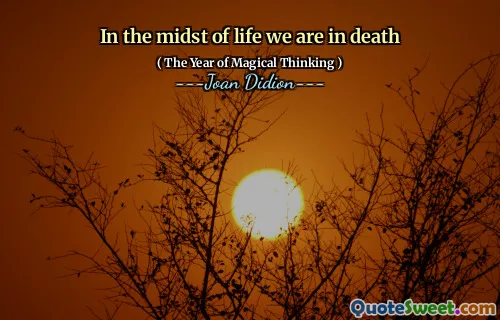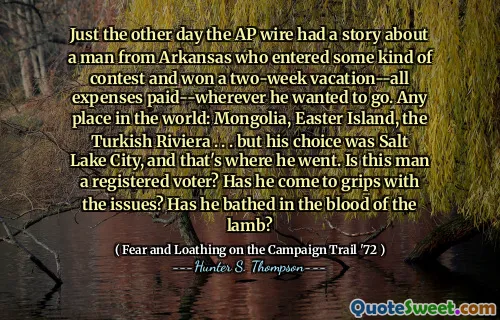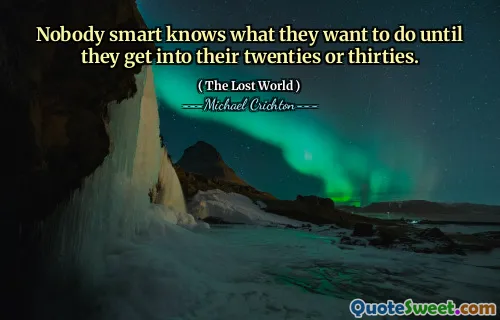Bilingual quotes that celebrate the beauty of language, showcasing meaningful expressions in two unique perspectives.
More »
Today Birthdays
1946 -
Carl Wilson
1940 -
Frank Zappa
1804 -
Benjamin Disraeli
1957 -
Ray Romano
1892 -
Rebecca West
1932 -
Edward Hoagland
1946 -
D. A. Carson
1964 -
Daniel Suarez
1949 -
Thomas Sankara
1982 -
Tom Payne
1892 -
Walter Hagen
1959 -
Florence Griffith Joyner
1954 -
Chris Evert
1965 -
Andy Dick
1977 -
Emmanuel Macron
1996 -
Kaitlyn Dever
1119 -
Thomas Becket
1950 -
Jeffrey Katzenberg
1925 -
Paul Kurtz
1935 -
Phil Donahue
1974 -
Karrie Webb
1948 -
Samuel L. Jackson
1948 -
Thierry Mugler
1977 -
A. J. Bowen
1942 -
Hu Jintao














